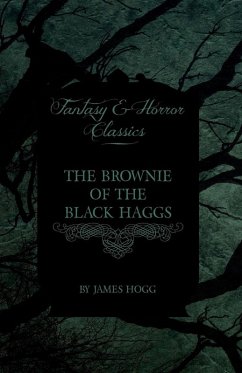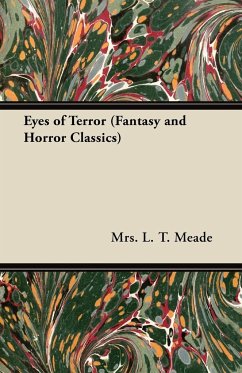From the pen of James Hogg, the celebrated Scottish author known as the "Ettrick Shepherd" and master of Gothic fiction and rural tradition, comes one of the most unsettling and psychologically complex supernatural tales in Scottish literature. The Brownie of the Black Haggs features the titular Brownie--a type of benevolent or mischievous household spirit in folklore--but here transformed into a chilling agent of malevolence and judgment. The story focuses on the household of the cruel and ruthless Lady of the Black Haggs, whose cold-hearted actions invite a terrifying and seemingly inescapable spiritual retribution. The Brownie begins to torment the household, but its presence serves a double purpose: to punish the wicked Lady and to expose the inherent madness and darkness of the human heart. This compact masterpiece is a profound blend of Scottish Gothic horror, folklore, and intense psychological drama, essential reading for fans of deeply atmospheric, chilling supernatural fiction.
Bitte wählen Sie Ihr Anliegen aus.
Rechnungen
Retourenschein anfordern
Bestellstatus
Storno









